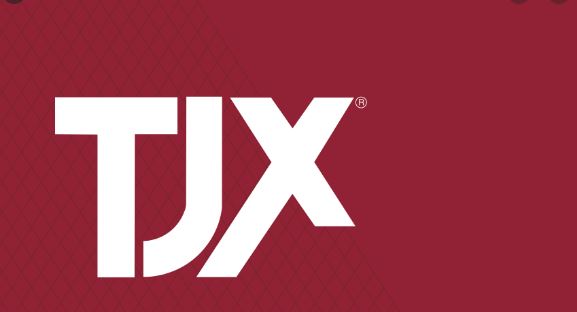Tjxcanada-opinion.ca-Complete TJX Canada Survey
ADVERTISEMENTS TJXCanadaopinion-ca Hey Survey Takers ! Are you a fan of shopping at TJX Canada? Have you ever heard about the TJX Canada Survey on tjxcanada-opinion.ca? If not, don’t worry, I’ll fill you in on all the details with proper information. TJX Canada cares about their customers.what you think about them? your each opinion truly […]



